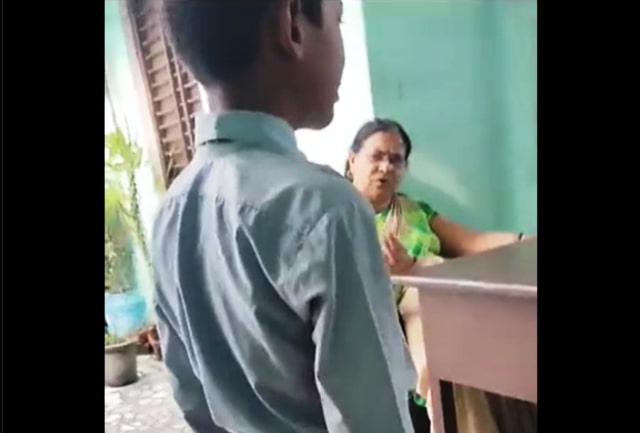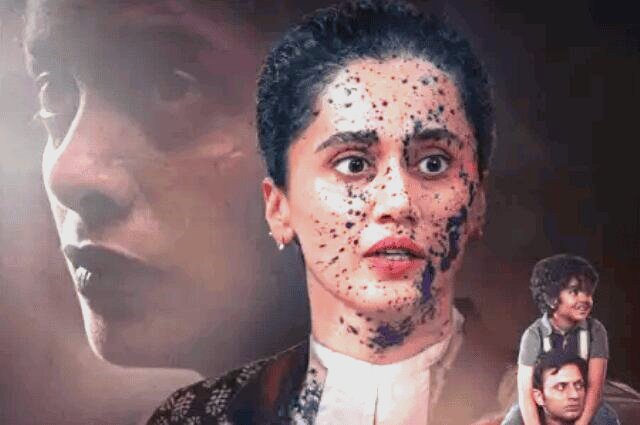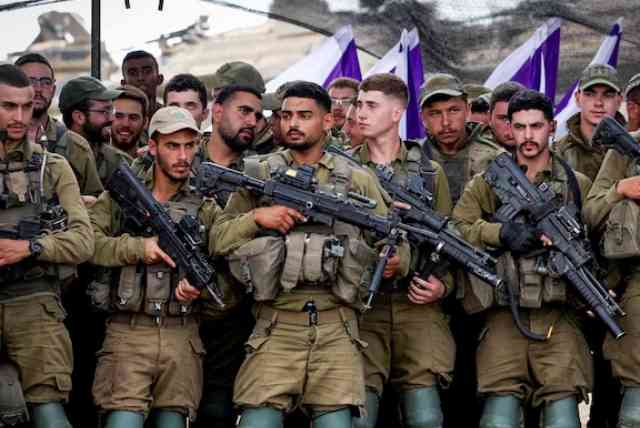
Communal Hatred In The Classroom
India, it is said, is where extremes and contradictions are colliding all the time. One thought one was shock-proof, but it was not enough, to witness in the wake of the successful Chandrayan-3 landing on the moon, a school teacher asking students to slap a seven-year-old boy. And, after his tear-filled face went red with multiple hits, on his bare behind.
A fact-check journalist has been arrested for revealing the boy’s name. Given a clue, the authorities in Khubbapur village, district Muzaffarnagar, Uttar Pradesh, may well get hold of the person who shot the damning video or for naming the school and its owner-teacher.
Her defence of the act is ingenious: she asks other students to take turns slapping the boy because she is handicapped. No remorse. There is not even a defence for enforcing corporal punishment which is, anyway, illegal. The ‘Mohammedan’ students were incapable of learning, she said exhorting her proxy perpetrators.
The victim is a member of the largest minority community that has of late become fair game for anyone in authority, as well as the groups of vigilantes who enforce their street power. The law, if there is an outcry, takes its own slow, tedious course. In this case, the communal angle is excluded and she has been charged with non-cognizable offences. Familiar, again, are pressures on the family of the victim to reach a ‘compromise’ – in short let the lady off the hook in this case – or else, threats follow.
The outcry is because someone has filmed the crime and when it goes viral, it reduces its deniability. Salute to social media, despite its million faults. Almost always, the perpetrators/accused say the film is tampered. The action, the reaction and the remedy run on a familiar course. Regrettably, the political course is also getting increasingly normal.
Familiar, yet again, is caste and political considerations. They have brought the ruling BJP on the same page with many of the opposition bunch with stakes in Western UP, keen to garner votes of the lady’s powerful caste. Where does this caravan of crime and consensual compromise end?
The incident is set against a larger backdrop. A Delhi school teacher is also accused of hate rants against Muslims in her classroom. A constable kills four on a running train and delivers a hate speech stomping the body of one of the victims. An increasing political polarisation is steadily trickling into public and private spaces across India.
ALSO READ: Toxic Environs (No, It Is Not About Pollution)
One would have thought that lessons might be learnt from a non-issue like Muslim girls wearing hijab to school contributing to the electoral outcome in Karnataka where it played out. Obviously, one was being naïve. It has only radicalised and polarised the situation further, far and wide. This is evident in Nuh, Haryana, where people have been killed and maimed and their homes bulldozed, prompting the country’s apex court to question the objective and the objectivity that guided the latter action of clearing illegal encroachment.
The scene is becoming murkier and is giving forthcoming electoral contests a new edge. It circumscribes debates in between elections and in media where cacophony has come to rule. With few exceptions, media houses, small and big, are involved, for political favours, ad revenue and the TRPs.
Boosted by social media (the seamy side of the same coin), there are many more incentives for promoting views that veer to the extremes and stay firmly there, than for positions that reflect reason and sobriety, much less openness and tolerance. Sadly, the elections and 24×7 electioneering have come to mean little else in this world’s largest democracy.
The slap-the-boy incident is a new phenomenon in that what was confined to political issues, faith, caste and region, has now come down to the children and their schooling. A classroom, one thought, is sacrosanct and we still remember the school and the teachers who educated us. What is taught and what is learnt in it stretches into the future.
Sadly, the experience of punishment and the open airing of prejudices have become normal, even socially and politically correct these days. This sends out troubling signals for future citizens. A troubled childhood could be the recipe for future actions that may not be conducive to society. The present may be sowing poisonous seeds that can only grow poisonous fruits.
Media reports another incident in Kathua that also occurred last week, in which a Muslim teacher in a government school reportedly beat up a student for writing “Jai Shri Ram” on the blackboard. This cannot be justified either. But it does not cancel out the Muzaffarnagar outrage — it only adds to it, and to a series of such incidents that betray, not mindless violence prompted by the social volatility, but one that also conforms to a political agenda.
To return to the terrain that wreaks of unnerving familiarity, it is likely that such incidents may get cancelled out by compromises that competing political forces may strike. It is also likely that after initial indignation, the episode, like numerous others before, may be forgotten.
The media have this thing about causing ‘fatigue’ to its readers/ viewers over an unpleasant incident, and move on, happily lapping up the seemingly delicious distractions that the people in power dish out. The “khao-piyo-aish-karo” is a convenient recipe for a media that entertains more than informs or educates. This may be the end for the Muzaffarnagar and Kathua incidents, like others that have happened before, to fade out or the public memory – which is short, anyway.
The responsibility to counter the brutalisation of the classroom must be owned by civil society, of course, but the onus is primarily on the political leadership, and especially the government that seeks to educate the whole world. This is essential because, God forbid, more such incidents could take place as India goes for multiple elections in the next nine or ten months.
Such incidents recur in the silence and ambivalence that settles around them, after a perfunctory show of indignation. They repeat themselves in the spaces vacated by a political system that ignores them to seek short-term gains.
The basic worry persists. What type of future citizens are we nurturing today when hatred and ‘othering’ of a region, caste or faith are promoted?
The writer can be contacted at mahendraved07@gmail.com



